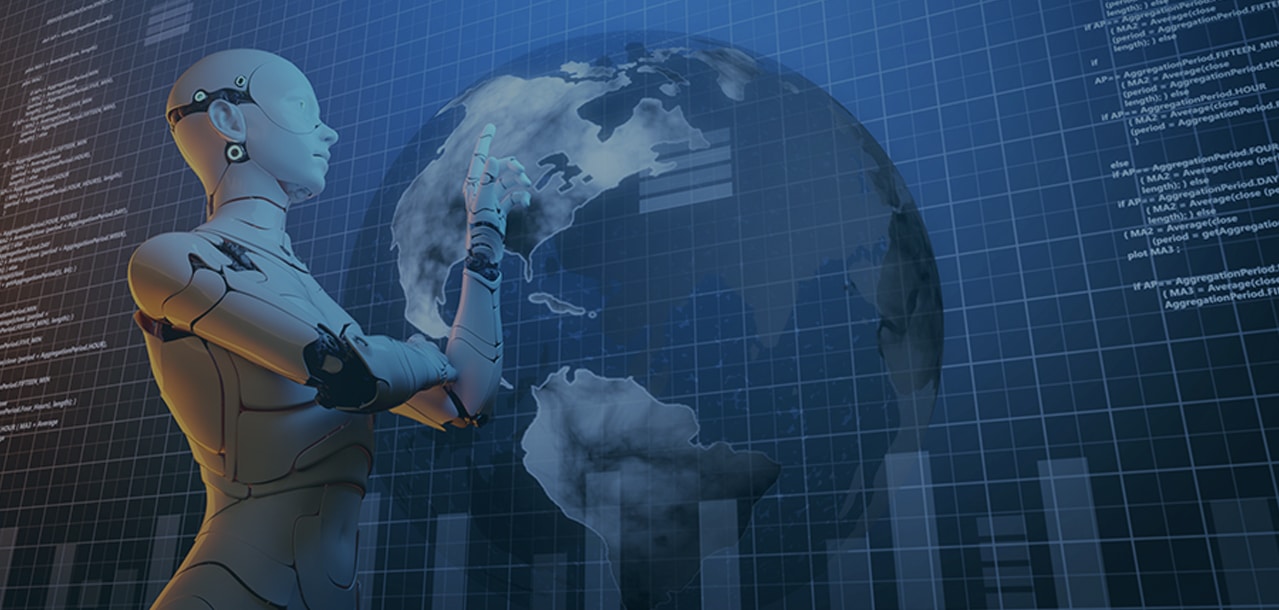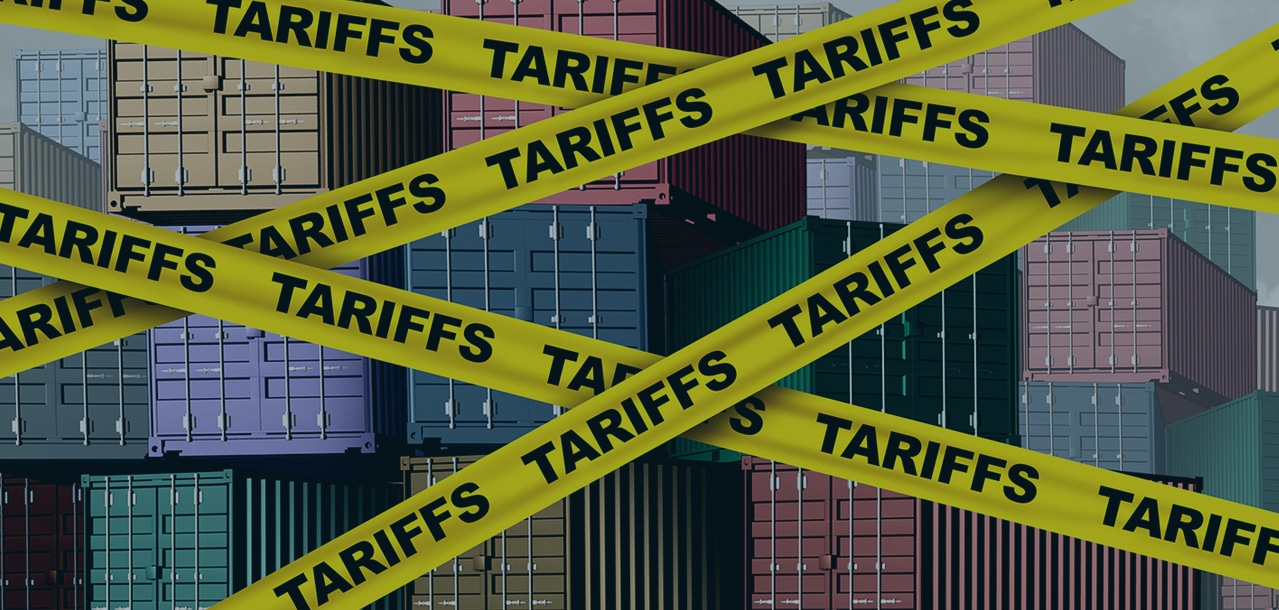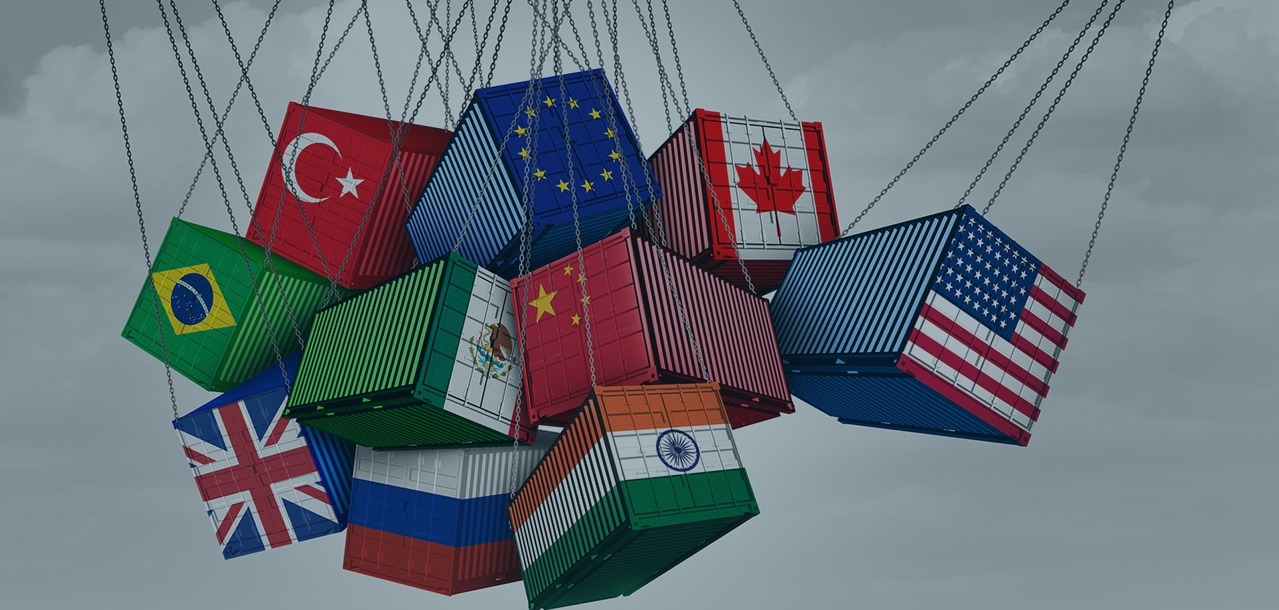Steering Point Articles

Generative AI: Productivity at the Cost of Motivation?
Artificial intelligence is transforming our societies at breakneck speed. From healthcare to finance, recruitment to energy, it promises revolutionary change. But behind the glossy headlines lies a harsher truth: AI is not an equalising force. Rather, it often amplifies the very inequalities it could be used to fix.

AI’s Impact on Inequality
Artificial intelligence is transforming our societies at breakneck speed. From healthcare to finance, recruitment to energy, it promises revolutionary change. But behind the glossy headlines lies a harsher truth: AI is not an equalising force. Rather, it often amplifies the very inequalities it could be used to fix.

Protected: Liverpool’s Quiet Advantage Over a Decade of Change
There is no excerpt because this is a protected post.

Working Through a Personal Crisis
Navigating a personal crisis while maintaining professional responsibilities is a challenge that transcends industries, job titles, and career stages. Whether it’s coping with illness, grieving a loss, managing family upheaval, or facing financial difficulties, these situations can profoundly impact one’s ability to function effectively at work. The modern workplace often demands our full attention, yet life’s inevitable crises don’t pause for business hours. Working through such periods is difficult, but it can be done. This article hopes to explain how.

How To Tell Your Boss They’re Wrong
There’s a particular moment of workplace dread that many employees know all too well. It’s that unsettling instant when your boss outlines a plan, makes a decision, or champions an idea that you firmly believe is going to backfire. You know it’s flawed — but how do you say so? Telling your boss they’re wrong is one of the most delicate balancing acts in professional life. Get it right, and you might be seen as a trusted adviser. Get it wrong, and you could damage your relationship or your career.

How Should Companies Handle the Sustainability Backlash?
In recent years, corporate sustainability has faced unprecedented challenges. What was once a burgeoning movement, celebrated for its potential to align business with planetary health, is now under siege. Political polarisation, populist backlash, and shifting regulatory landscapes have left many companies questioning their sustainability commitments. But this moment is not the end of sustainability but a critical juncture — one that demands resilience, pragmatism, and strategic foresight.

How to Effectively Lead an International Team
One of the most common pitfalls for Western managers leading international teams is the overreliance on autonomy as a universal motivator. In Western, individualist cultures, autonomy is often viewed as essential for creativity, engagement, and job satisfaction. Employees are expected to speak up, take initiative, and define their own success paths. However, 70% of the world’s workforce is collectivist and hierarchical, according to GLOBE Leadership Studies, meaning they are more comfortable when leaders provide guidance, define processes, and make group-oriented decisions

Should You Be Working Two Jobs?
The contemporary employment landscape is undergoing a profound transformation, one that challenges traditional notions of career paths and professional identities. What was once considered extraordinary — holding down multiple full-time jobs simultaneously — has become an increasingly common strategy for millions navigating the complexities of modern economic life.

The Need for Biophilic Design in the Modern Workplace
Biophilic design –– the art of bringing nature into our built environments…has evolved from an architectural novelty to a fundamental component of workplace strategy…As such, forward-thinking organisations are discovering that by embracing biophilic principles, they’re not just creating prettier offices, but fundamentally transforming employee wellbeing, productivity and business outcomes.

Craft Your Team Like an Artisan: Purposeful Foundation, Evolving Structure
When engineers design a high-rise building, they don’t bolt every beam tightly into place. Instead, they build in flexibility – joints that slide, materials that give – so the structure can sway slightly with wind, absorb shocks, and remain stable through movement. Rigidity breaks; adaptive structure endures. The same is true for genuinely effective teams.

What do Trump’s Tariffs Mean for Ireland?
One of the most striking aspects of Ireland’s economic landscape is its reliance on what are known as “phantom exports” –– goods produced abroad under contract by Irish-registered firms but booked as Irish exports despite never physically entering the country… In 2023, phantom exports accounted for a staggering €92 billion, representing more than a quarter of Ireland’s total merchandise exports of €329 billion.

Why Some Companies Handle Trade Wars Better Than Others
The 2018 US-China trade war provided a particularly illuminating case study because of its scale and the availability of detailed transaction data. According to Fan et al.’s research, which analysed more than 300 pairs of US and Chinese companies engaged in business both before and after the trade war began, the impacts varied dramatically based on several key corporate characteristics.